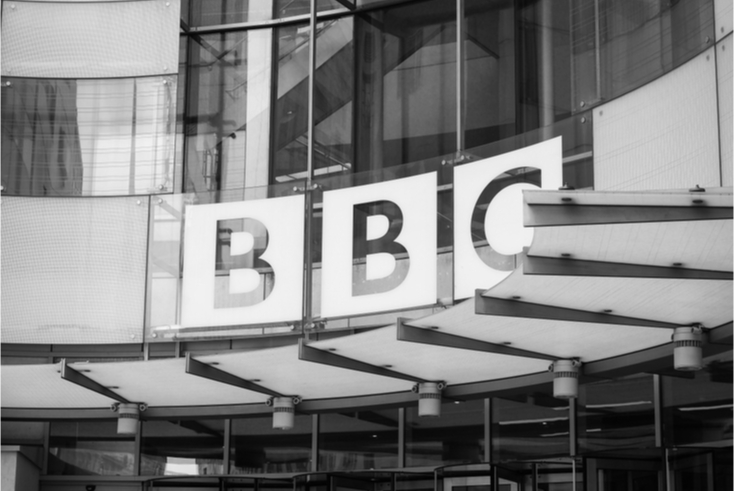Regional editors label BBC as ‘neighbour from hell’

A group of senior local editorial directors have released a co-signed op-ed across their titles warning that the BBC is a “potent threat” to the sustainability of local journalism.
“If the BBC was a family and lived in the house next door to you it would be the neighbour from hell,” said the editorial directors, adding that attacking local news media would result in a legacy of shame for BBC director-general Tim Davie.
The letter is signed by Ian Carter, Iliffe Media editorial director; Toby Granville, Newsquest editorial development director; Gary Shipton, National World editorial director; Jeremy Spooner, News Media Association Independent Publishers Forum chair; Paul Rowland, Reach Regionals editorial director; and Martin Wright, Midland News Association editor-in-chief.
The group compared the threat from the BBC to threats from Big Tech companies.
In a recent survey, nine in 10 newsbrand editors were found to believe that Google and Meta pose an existential threat to journalism.
Yet, according to these editorial directors, the BBC presents an “equally potent” threat.
“Unlike Google, Meta, and co, the BBC’s funding is guaranteed by the license fee, meaning the British public is underwriting the biggest threat local journalism has ever faced,” they said. “It is splashing your cash on local news websites and making it increasingly difficult for proud, independent news sites to survive in the long term.”
The BBC, they argue, is “immune” from the same commercial pressures as independent local news outlets, and is “fixated on stealing their readers, their businesses, and the jobs of their journalists.”
“It either knows what it is doing and doesn’t care, or is ignorant to the impact it will have.”
Nine in 10 editors: Google and Meta are ‘existential threat’ to journalism
In October 2022, the BBC revealed plans to strengthen its local news provision. This effectively amounted to reprioritising £19m from its local broadcast services towards online and multimedia production.
BBC Local Radio saw proposed cuts, with around 139 roles expected to be axed in audio teams in favour of greater programme sharing. In return, the cost savings would be reinvested in 131 online local news posts.
The changes prompted widespread outrage among National Union of Journalists (NUJ) members of BBC Local Radio, who launched a series of strikes over the summer. The BBC made concessions to their proposed cutbacks for local radio in a conditional offer to striking NUJ members in November.
The local news editorial directors are now asking the BBC to focus its efforts on “providing a snapshot” of local life in the UK and do more to link to local publishers rather than supersede them.
They are also asking the BBC to abandon its roll out of 34 local websites.
A BBC spokesperson said: “We are reshaping our local services to increase the value we deliver to audiences across England and to ensure we keep pace with changing audience expectations and remain a cornerstone of local life for generations to come.
“There is no evidence that the BBC is crowding out other digital publishers. We work collaboratively across the industry and our partnership with the NMA has transformed coverage of local democracy across the UK.”
The editors appear to disagree with the BBC’s sentiment that it is not crowding them out. They wrote: “The BBC seems to be on a mission to be the only show in town—having taken an axe to its much-loved local radio stations so it can start writing news stories online, which you can already get from local newspapers which are currently battling with tech platforms like Google, Meta and Apple.”
Editor’s note: After the publication of this article, the BBC released a full response to the op-ed, written by BBC Nations director Rhodri Talfan Davies, calling the criticism “misplaced and misleading.” The full response can be read here.




